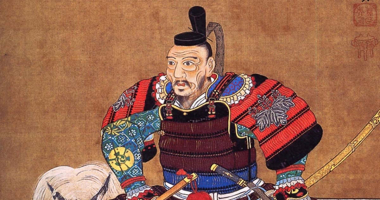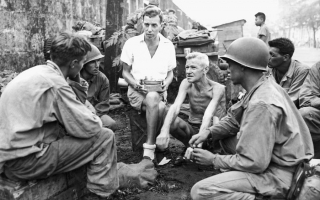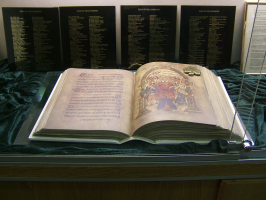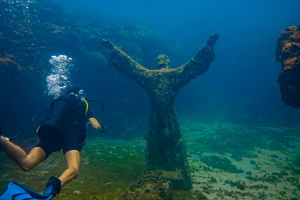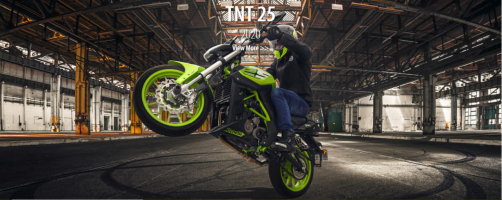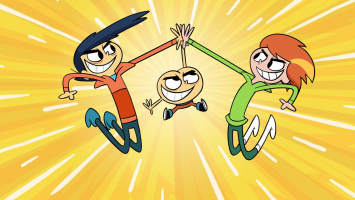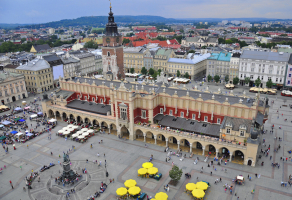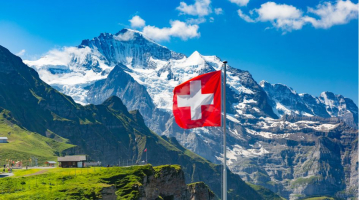Top 10 Most Famous Feminist Icons in History
Feminist movements have thrived in recent decades, thanks to many famous feminists who are not afraid to speak out the truth and advocate for women’s rights ... read more...and equalities. Let’s have a look at some of the most famous feminist icons in history (you will recognize some familiar celebrity names here!)
-
Emmeline Pankhurst, along with other prominent feminists like Susan B. Anthony, Sojourner Truth, and Mary Wollstonecraft, was a key figure in the first major feminist rallying cry. Emmeline Pankhurst created The Women's Political and Social Union (WSPU) in 1905, a women-only organization with the slogan 'Actions, not words' after her husband's death.
After that, Emmeline Pankhurst and other Suffragists in the United Kingdom had campaigned strongly for the advancement of women's rights and, especially, the ability to vote throughout the years. After the now-famous WSPU protest in London in 1906, Emmeline Pankhurst published her profound words, "Women have always worked for men and their children. They were now willing to battle for their own civil rights."
And all of her efforts and sacrifices paid off. Seven years later, in 1918, women all around the country finally won the right to vote as a result of Pankhurst's Suffragette campaign, nonviolent and radical speech, and seminars. She has become an inspiration for lots of modern feminists today.
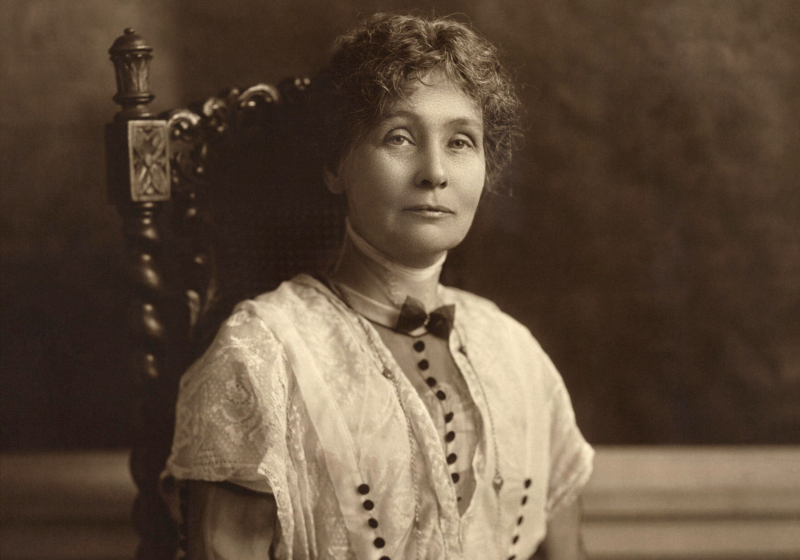
Source: Factinate 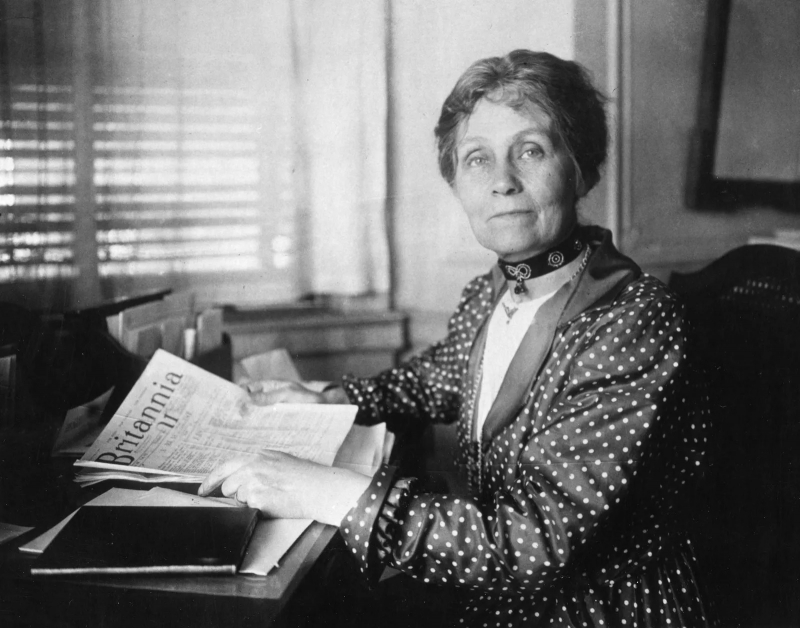
Source: Encyclopedia Britannica -
From the beginning of her career in the 1990s, Beyoncé Knowles-Carter has always promoted feminist movements. In the 1990s, she came to prominence with her band Destiny's Child with smash singles including "Independent Women," "Survivor," "Say My Name," "Bills, Bills, Bills," and "Girls." The vocalists praised the resiliency and power of women, as well as the significance of self-confidence and mutual support.
The singer aptly summed up the strength of women in her 2011 hit song 'Run The World (Girls)' with the lyrics: 'We're clever enough to create these billions, strong enough to have the children, then go back to business.' The song has now become an anthem for generations of feminists. Also, Beyoncé's 2013 hit single 'Flawless' has a quotation from novelist Chimamanda Ngozi Adichie that says, "Feminist: the person that believes in the cultural, political, and financial equality of the sexes."
Throughout her career, the Grammy-award-winning trailblazer has emphasized the need to assist other women in climbing the ladder, and utilizing female musicians and producers for her concerts and tours. Beyoncé Knowles-Carter is one of the most famous feminist icons in history.
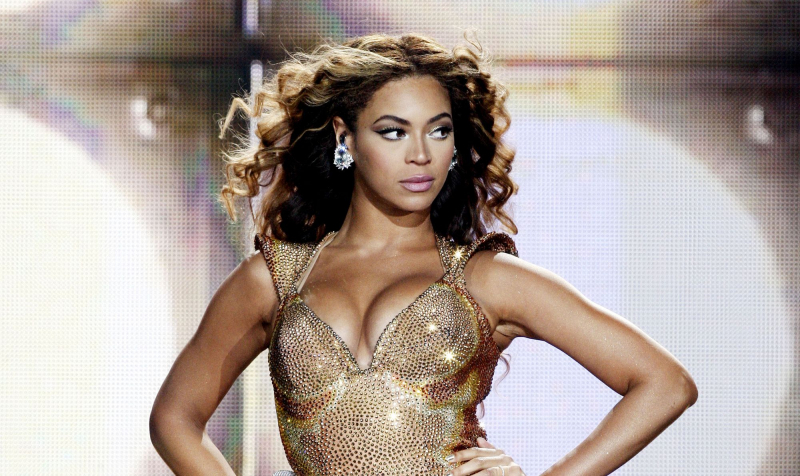
Source: Daily Maverick 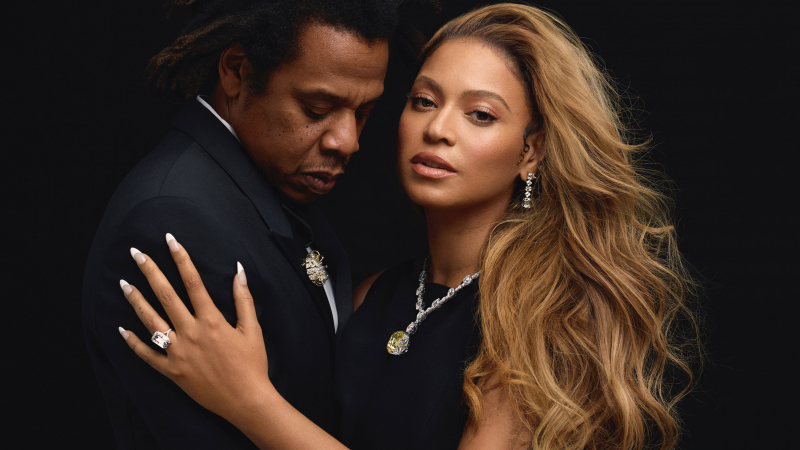
Source: Pitchfork -
Emma Watson is another must-have presence on our list of the most famous feminist icons in history. Since her 2001 debut in the Harry Potter film series - as the clever and outspoken Hermoine Granger - Emma Watson has become one of our most beloved female heroines.
In 2014, she started the HeForShe movement and gave some speeches at the United Nations headquarters - in which she defined feminism and demolished the claim that it is "man-hating." "The more I have discussed feminism, the more I have realized that fighting for women's rights has all too frequently become associated with hating males." She said, "If there is one thing I am confident about, it is that this misbelief must end."
During these years, Emma Watson has used her position to explore the significance of interconnectedness in feminist movements and the difficulties of being a well-known feminist. She told ELLE US: "I'm not an expert, and whenever people put me in a corner and say, 'Here's Emma Watson to teach you on feminism," it makes me uncomfortable because I know I have a long way to go.”
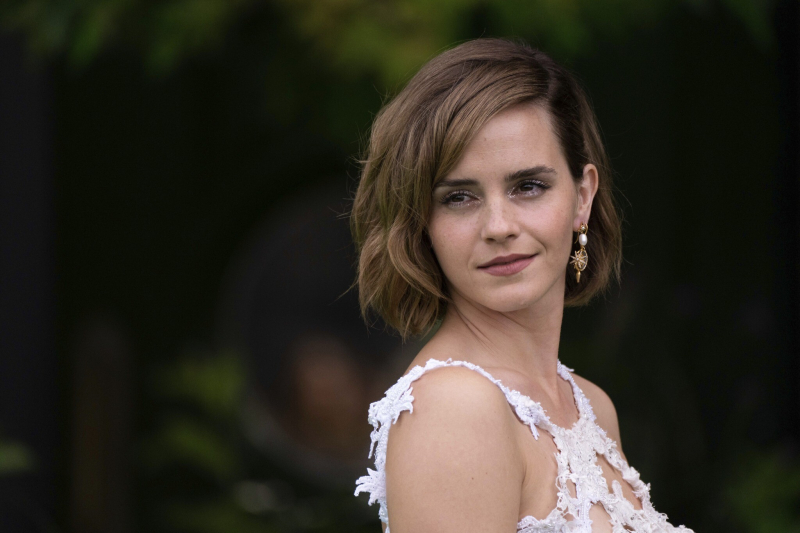
Source: Time of Israel 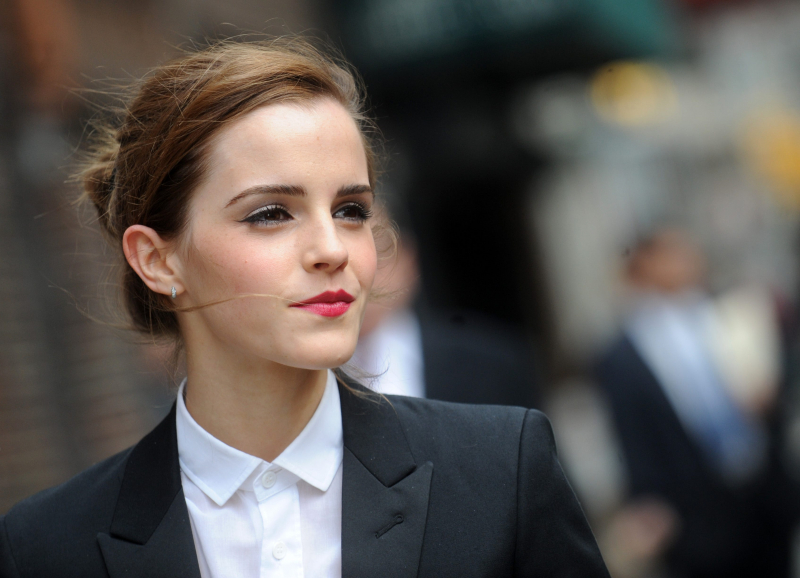
Source: Harper's Bazaar -
Viola Davis has been an outspoken supporter of the women's liberation movement. She has talked about the significance of striving for each other's rights during the Me Too moment of the 2018 Los Angeles Women's March. She reminded her audience, "Every single day, your duty as an American person is not just to battle for your own rights, but also for the rights of every person whose heart is beating and living in this world. When I lift my hands, I am well conscious of all the ladies who remain silent. The ladies who lack a face. The women who do not have the money, the constitution, the confidence, or the media images that give them a feeling of confidence enough to shatter their silence, which is based on the humiliation and stigma of assault.
In an August 2020 cover interview with Vanity Fair, the actress Viola Davis discussed Hollywood's double standards for women and the unique challenges Black women continue to face throughout the globe. "As women, we are aware that when we speak out, we are instantly labeled as b*tches. Unruly—immediately. Exactly like a lady. As a black woman, you have very few responsibilities. All you need to do is roll your eyeballs, and you're done."
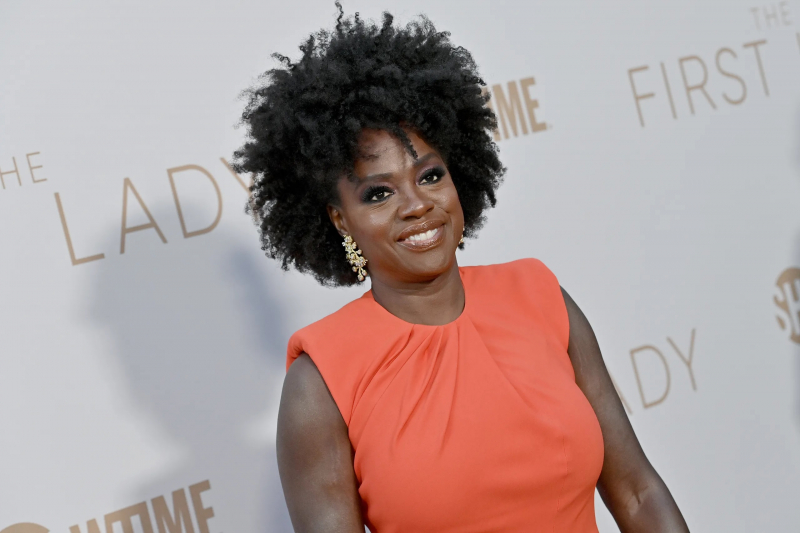
Source: Vanity Fair 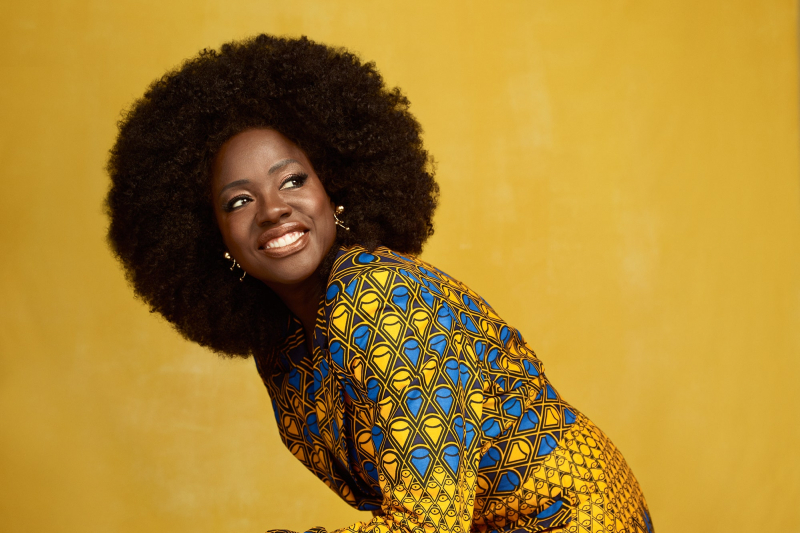
Source: Vanity Fair -
Tarana Burke is mainly responsible for bringing in a new era of feminist movements in the 21st century. She launched the #Metoo campaign in 2006, more than ten years before its global version was heard in 2017. Her work has inspired hundreds of millions of people across the world to reveal their sexual violence experiences. It has also helped open the doors for Hollywood Time's Up campaign.
In 2018, Tarana Burke made one of her most eloquent speeches regarding the Me Too campaign at a Ted California event. She said, "So much of what we read about the MeToo movement is about some particularly terrible actors or wicked and isolated behaviors, and such info fails to acknowledge that everyone in a position of authority comes with privilege, which makes people without power more susceptible."
"Students and teachers, coaches and athletics, law enforcement officers and citizens, and parents and children are all examples of interactions in which a significant imbalance of power might exist. But we change this imbalance by voicing against it in tandem and by providing platforms where people can expose the truth."
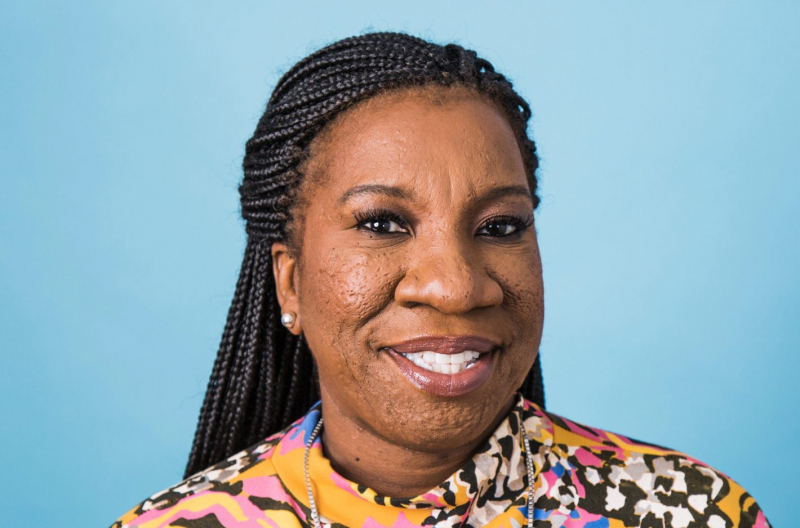
Source: Submerge Magazine 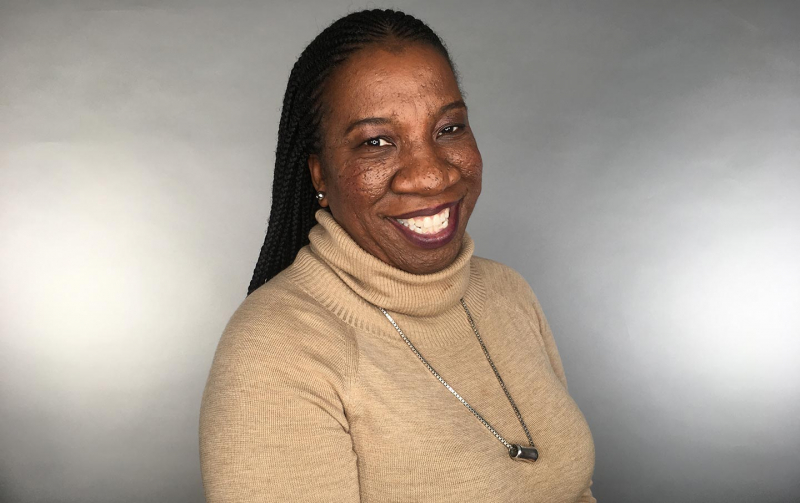
Source: The Nation -
Angelina Jolie, an Academy Award-winning actress, is renowned for both her blockbusters and her charitable endeavors. After years of dedication as a Global Ambassador to the UNHCR and the issue of refugees, Jolie was designated Special Envoy in May 2012. She received the Jean Hersholt Humane Award in 2013 for her work with the United Nations, which focused mostly on women's challenges in war-torn regions.
In March 2020, for International Women's Day, Angelina Jolie wrote for Time Magazine about the significance of showing love and respect to young women. "Little girls' sensitivity, openness, and tendency to nurture and aid others must be valued and not exploited. We must do far more to safeguard children in all countries, not just from the harsh ways in which girls' rights are often abused, but also from the more subtle inequities and attitudes that are so frequently overlooked or condoned,' she added.
Specifically addressing young women, she said, "And my message to you is to fight on, little ladies. Your affections for one another will be a significant part of your future road. Keep your cool. Learn your rights And never allow someone to convince you that you are not valuable, unique, and, above all, equal."
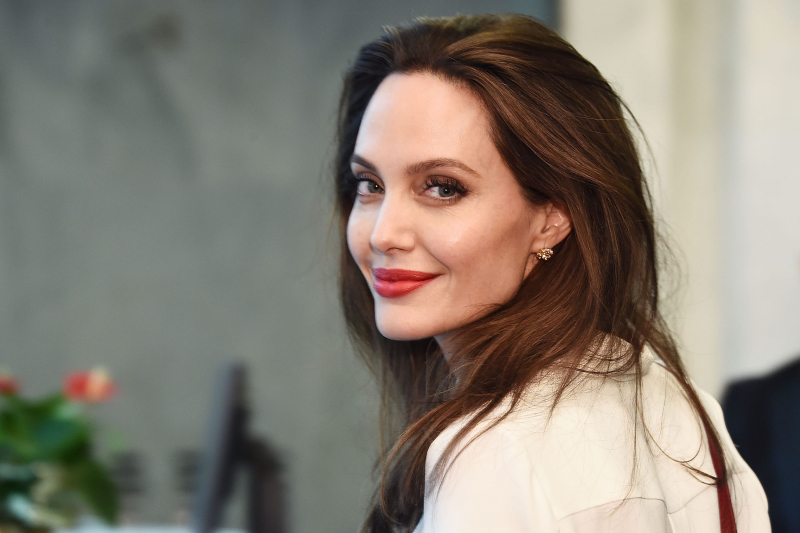
Source: Harper's Bazaar 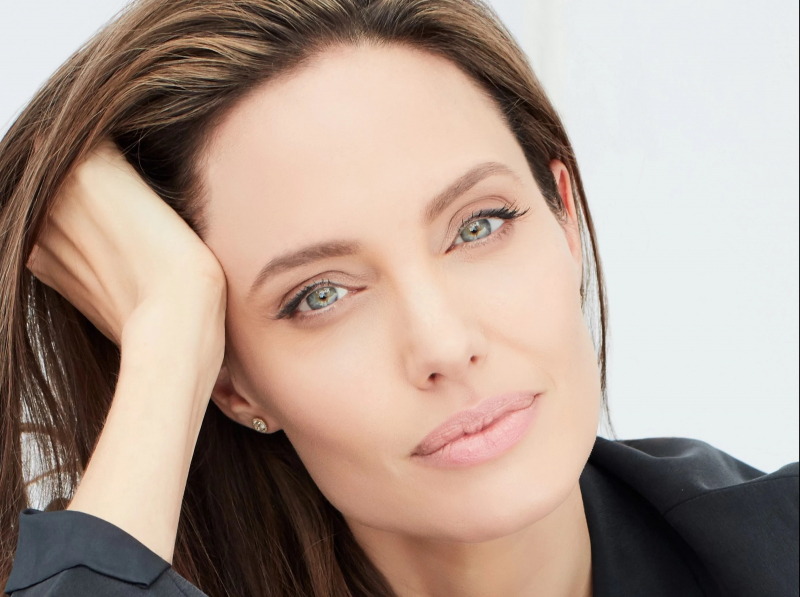
Source: Deadline -
Madonna's feminist activities are too long to list, ranging from her tongue-in-cheek tribute to Marilyn Monroe in the 'Material Girl' video clip to her dealing with difficult family relations, domestic violence, and the AIDS pandemic on her "Like a Prayer" album. And do not forget her gender-defying melding of the notorious Gaultier cylindrical bra with tailored pants on her 1990 Blond Aspirations Tour!
Madonna's Woman of the Year concession speech at the Women in Music 2016 Awards in 2016 demonstrated that her views on women's rights are as relevant as ever.
"If you're a lady, you have no choice but to play these games," she stated in reference to the sexism she faced throughout her music career. "People want you to be attractive, adorable, and seductive. But don't act too intelligent. Do not have a viewpoint that contradicts the existing quo. Society allows you to be demeaned by men and dress provocatively, but does not let you own your sluttiness."
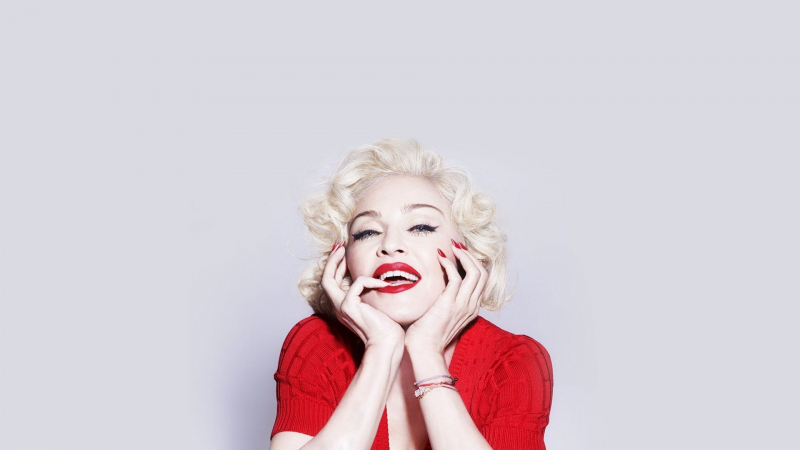
Source: Wallpaper Abyss 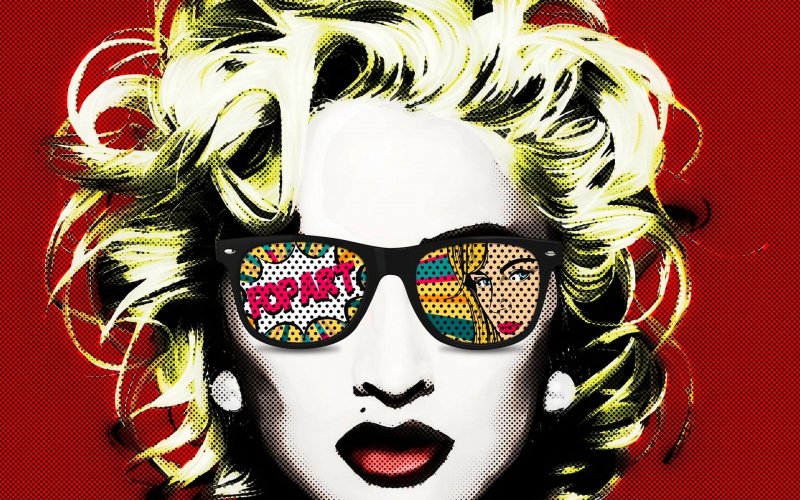
Source: Pinterest -
Jessica Chastain is among the most outspoken stars in Hollywood about gender equality, and she is unafraid to express her opinions on what society should do to better support women. The performer told the Guardian in 2014 that she would love to star in a superhero picture, but not in a supporting role. "The issue is, if I participate in a superhero film, I don't want to play the girlfriend," she said. "I refuse to be a daughter. I want to don a f*cking awesome outfit with a facial scar and battle scenes."
In that same year, she informed The Wrap that regardless of how small or big a female character's role is in a narrative, it is essential to give her dimension on-screen. She said, "I don't mind if the role is a minor one; I simply want her to go through a journey throughout the film. 'At times, the characters exist just to forward the man's narrative. I've told the great filmmakers I've spoken with, 'Listen, I don't mind playing a little female role, but how will the plot influence her?" What can I do at the conclusion that was not possible at the start? Otherwise, this character doesn't make sense, since it's simply like being a prop.'
In 2018, actress Octavia Spencer revealed that Jessica Chastain is more than just empty talk, as Jessica has aided Octavia in renegotiating a wage five times greater than the one that she had first accepted for a project they were both starring in.
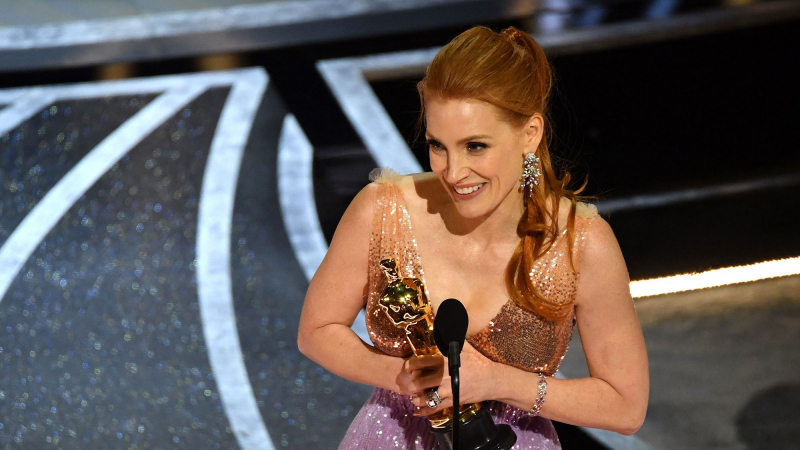
Source: Vanity Fair 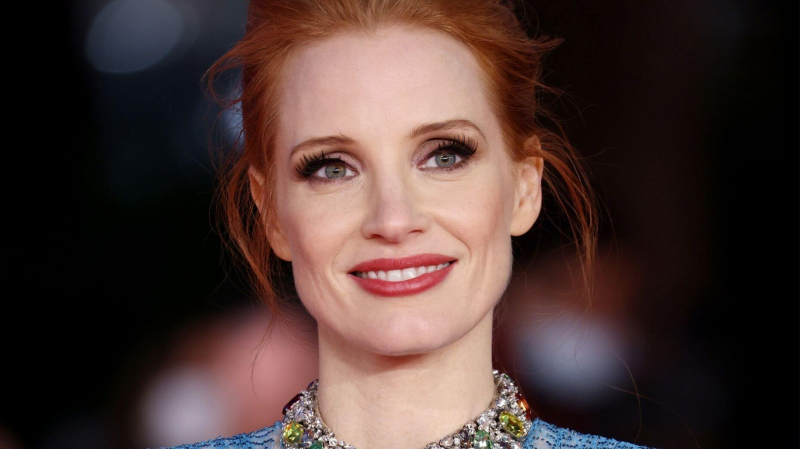
Source: American Cinematheque -
Amandla Stenberg, an American actress, has always been recognized for her scene-stealing parts in Hollywood. The star has used her rising reputation over the years to speak out on topics such as racism, sexuality, and feminism. Teen Vogue met Amandla Stenberg in 2016 to discuss feminist movements and representation, after she received the title of Most Influent Teens in both 2015 and 2016.
The feminist icon has told Teen Vogue reporters, "I've always identified as a feminist, but I never knew where I fit in because I never saw myself represented."
"As I began to examine my gender identification, I was uncertain as to how I could retain the label of feminist while adhering to the gender dichotomy. I believed that being a feminist meant being a proud woman. Then I realized I could be proud of the women without identifying as one. This is the future of feminism, as more individuals are rejecting the dichotomy." Amandla Stenberg said.
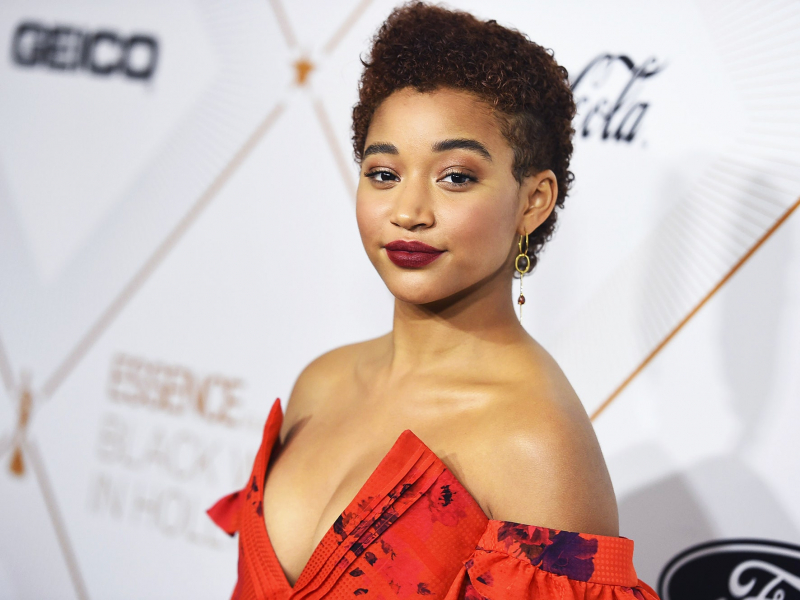
Source: Vanity Fair 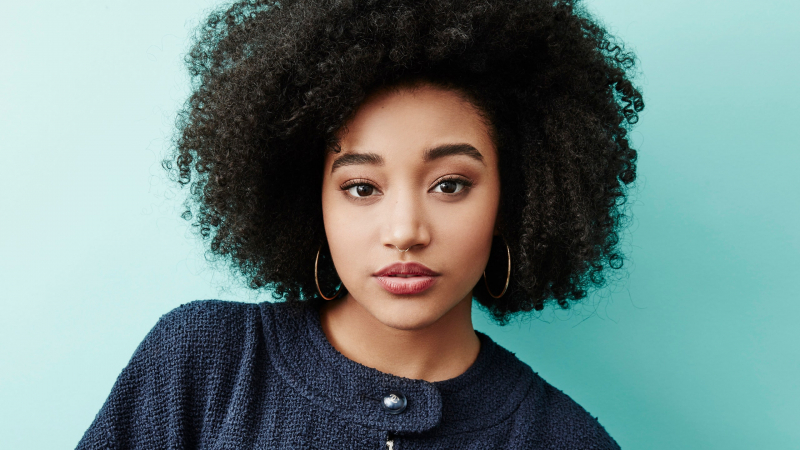
Source: Teen Vogue -
As a stand-up comedian, author, actor, and director, Mindy Kaling has continually shown her industry leadership. Kaling, one of the very few American-Indian women in the comedy sector, refuses to be perceived as an alien unworthy of self-assurance.
During a talk at the 2015 Watermark Summit for Women, Mindy Kaling talked about being a supporter of 'feminine liberalism' and not subscribing to societal gender standards. 'Many people believe that you can't be interested in stuff like cosmetics - or topics that are typically feminine - and be a strong woman at the same time, because it would imply that you are doing those things for a guy... I wish we didn't inexorably associate our interest in such things with being a weak woman". She remarked.
She discussed the significance of self-confidence and self-love in her 2015 memoir, Why Not Me? " Sometimes, people talk behind my back. They say, ‘Ugh, I really dislike her. I despise how self-confident she is.’ It's not that I believe I'm so terrific, though." She wrote, "I just do not really hate myself. And the frightening thing I've seen is that there are several people who feel quite uncomfortable with women who love themselves. Therefore, you should be more courageous and confident in yourself".
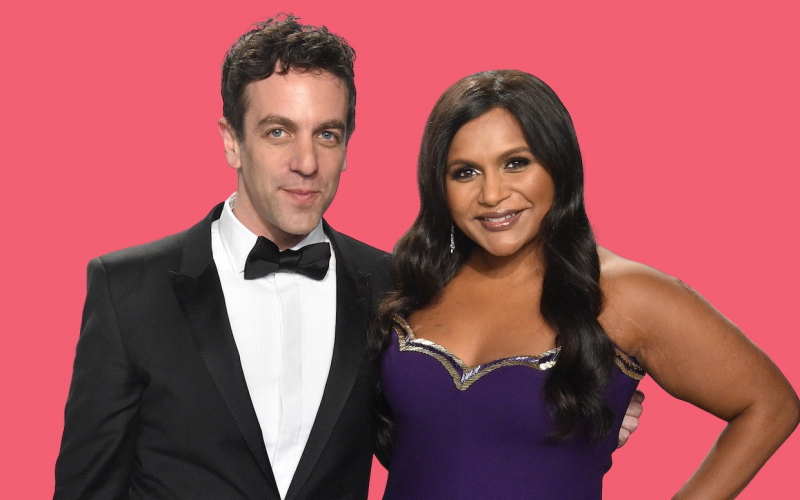
Source: Parade 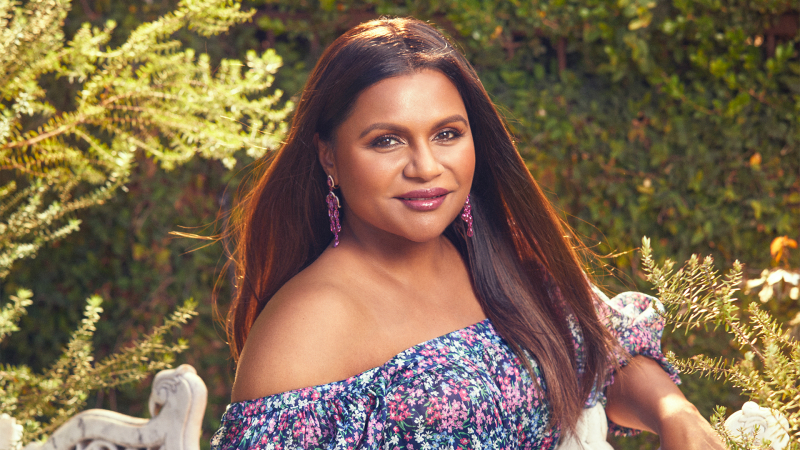
Source: Variety












